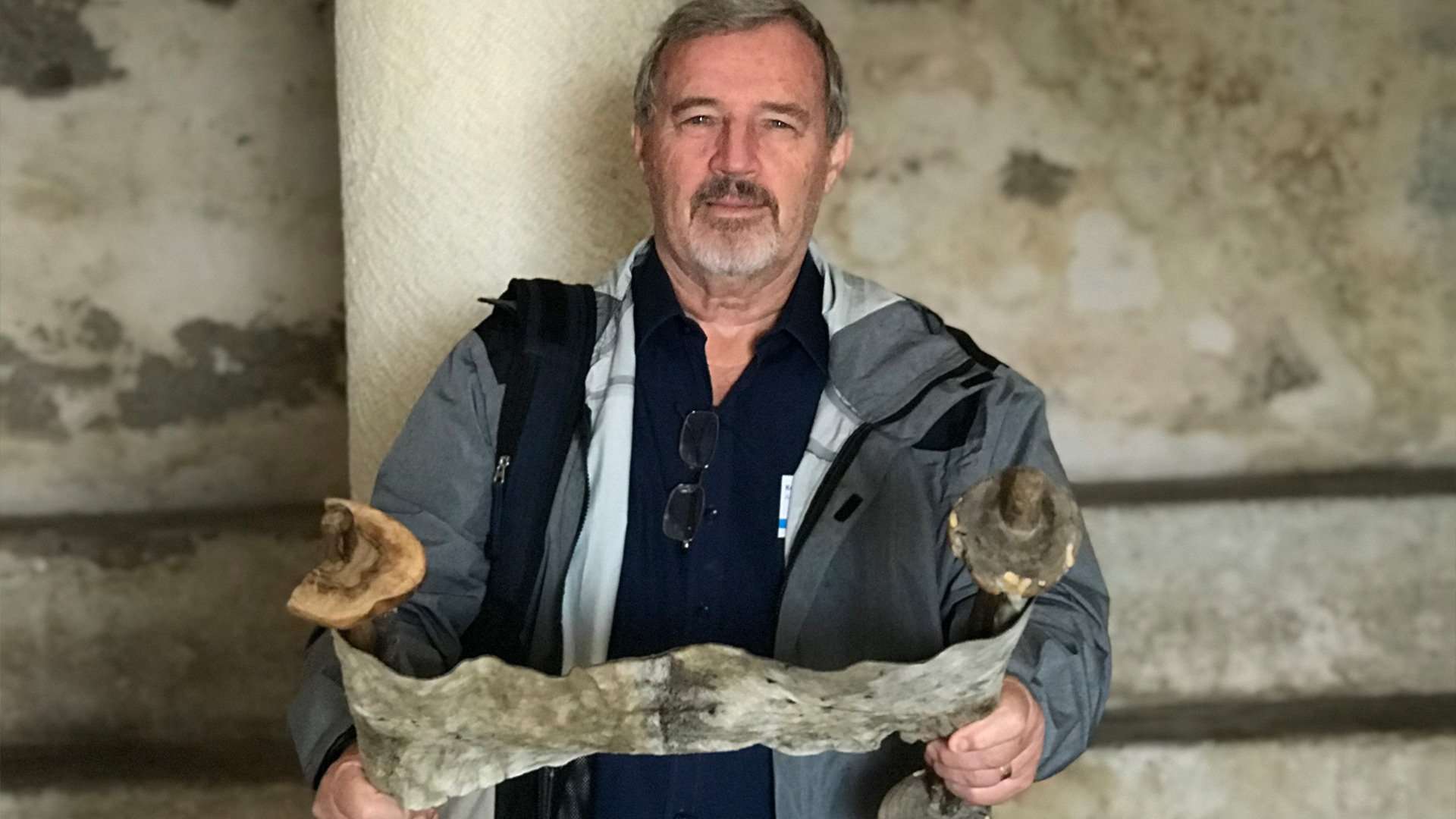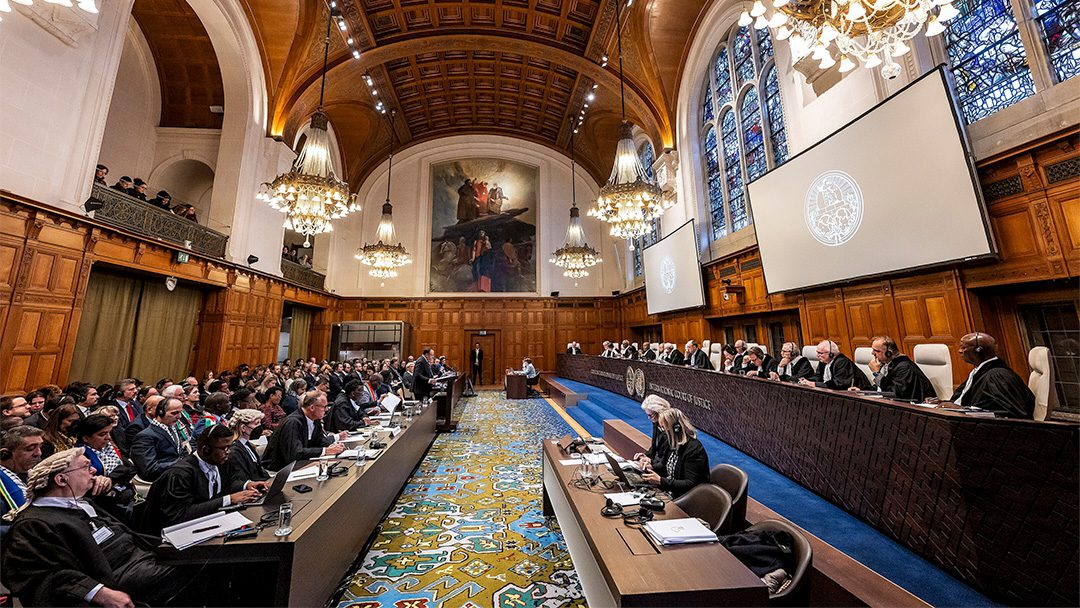Biblical Insights: A Series on Tabernacling with God
The Biblical feasts were given to God’s people to remind them of His gracious favour and blessing. In fact, each of the main Biblical feasts teach us all as believers something unique and precious about our relationship with the Lord. We need to remember too that our Christian faith is all about relationship.
The simple fact is that we are all prone to forget the goodness and faithfulness and protection and provision and mercy of the Lord. Life goes on, we are caught up in the busyness of our lives, we are distracted and so it goes on. And God gets left on the sidelines. Our relationship with the Lord loses its vibrancy and joy.
We remember how Jesus, following the pattern of the Passover Feast, instituted what we often refer to as the Lord’s Supper. He said,
“This is My body, which is for you; do this in remembrance of Me”….. “This cup is the new covenant in My blood; do this, whenever you drink it, in remembrance of Me.” (1 Corinthians 11:24-25)
We need to be reminded because quite simply we forget, and we take our salvation for granted. We need to be reminded that all we have comes to us because of the goodness and generous heart of our Father God. We are prone to think that the blessings we experience are the result of our own efforts.
Think for a moment of the people of God as they left Egypt and set out for the Promised Land of Canaan. It was never in God’s plan that they take 40 years to get there, let alone lose a generation of people in the desert!
They wandered around, in between periods of temporary settlement in the desert, all because of their own grumbling and complaining and rank disobedience. There in the desert, they had no permanent dwelling—it was far from God’s best for them.
Maybe some of you are conscious of experiencing far less than what you know is God’s best for you. You have been languishing in the desert, and as is true for most of us at such times, you cannot go around blaming it on everyone else. Perhaps you need a week (or more) of “tabernacling” with the Lord, to hear His voice!
In Leviticus 23:42-43 we read how God told the Israelites to celebrate the Feast of Tabernacles in a particular way:
“Live in booths for seven days: All native-born Israelites are to live in booths, so your descendants will know that I had the Israelites live in booths when I brought them out of Egypt.”
In this way they would remember that God had watched over and protected them in the desert. He had provided for them, as we read in Deuteronomy 8:4:
“Your clothes did not wear out and your feet did not swell during these forty years.”
They were not to forget their God “who brought you out of Egypt, out of the land of slavery. He led you through the vast and dreadful desert, that thirsty and waterless land, with its venomous scorpions. He brought you water out of hard rock. He gave you snakes and manna to eat in the desert, something your fathers had never known…” (verses 14-16).
God even confirmed His presence with His people, in the midst of their rebellion and unbelief, in a special way—Exodus 13:21-22:
“By day the Lord went ahead of them in a pillar of cloud to guide them on their way and by night in a pillar of fire to give them light, so that they could travel by day or night. Neither the pillar of cloud by day nor the pillar of fire by night left its place in front of the people.”
God would often speak to His people out of that pillar—He is ever a God whose heart is to communicate with us, even—or maybe especially—when we try to do things our own way. He is always wanting to reveal Himself to us, wooing us, seeking to draw us back into an intimate relationship. That friends, is amazing grace!
In Nehemiah 8-9 we read how the Israelites set aside a day of fasting, confession and prayer following an earlier celebration of the Feast of Tabernacles—it would seem that the reminder of God’s faithfulness as their ancestors’ protector and provider inspired them in a new way to seek His face.
From Nehemiah 9:16-20:
“They, our forefathers, became arrogant and stiff-necked, and did not obey Your commands. They refused to listen and failed to remember the miracles You performed among them. They became stiff-necked and in their rebellion appointed a leader in order to return to their slavery.
“But you are a forgiving God, gracious and compassionate, slow to anger and abounding in love. Therefore You did not desert them, even when they… committed awful blasphemies… Because of Your great compassion You did not abandon them in the desert… You gave Your good Spirit to instruct them…”
They had a fresh revelation of the God who had rescued their ancestors from slavery! And during Sukkot, the Feast of Tabernacles, the Jewish people today are reminded, as they live for a week in their frail and temporary sukkot, that God is ever-faithful, all-powerful and cares for His people – even when they least deserve it!
The wonder of all this is that in our many trials and troubles—whether self-inflicted or not—God seeks to draw near to us. And time and time again, as Israel continually discovered, the Lord answers when we cry out to Him. In fact, God often uses our darkest times to reveal to us His deepest truths.
Do you see here one of the deep lessons for us all in the Feast of Tabernacles? God’s people often need in tough times to hold on to the revelation they have been given of the deepest truths of God’s nature and heart.
It is in the tough times that those truths then become an awesome and joyous reality—truths about His:
- sovereignty and majesty
- compassion and mercy
- forgiveness and grace
- protection and provision
- faithfulness and love
When God led the Israelites out of slavery in Egypt, all the way from the miracle of the Passover deliverance to the drowning of the Egyptian army in the sea, His people were in awe of His incomparable power and of His heart of compassion for the enslaved Israelites. You would never doubt Him again!
But circumstances change, as they did for the Israelites. And doubt did in fact take root in their hearts, as can happen to us. Darkness set in. And the people of God turned away from God. They stopped trusting Him. I think sometimes that the sin that most breaks the heart of God is unbelief. But God would not give up on them.
God loves us so much that He will go to any lengths to rescue us from the consequences of our rebellion and stupidity! In fact, He went to the extent of two lengths of wood joined to form a cross. The cross of Jesus.
Tabernacles speak of a fickle people—just like we can be—who yet could not shake off God’s love, even when in their unbelief they cast Him in the form of an animal shaped from molten gold—so they had something they could see! We really can learn so much about our God from this Jewish feast day, and in our darkest moments draw strength from the assurance of His forever love.












0 Comments